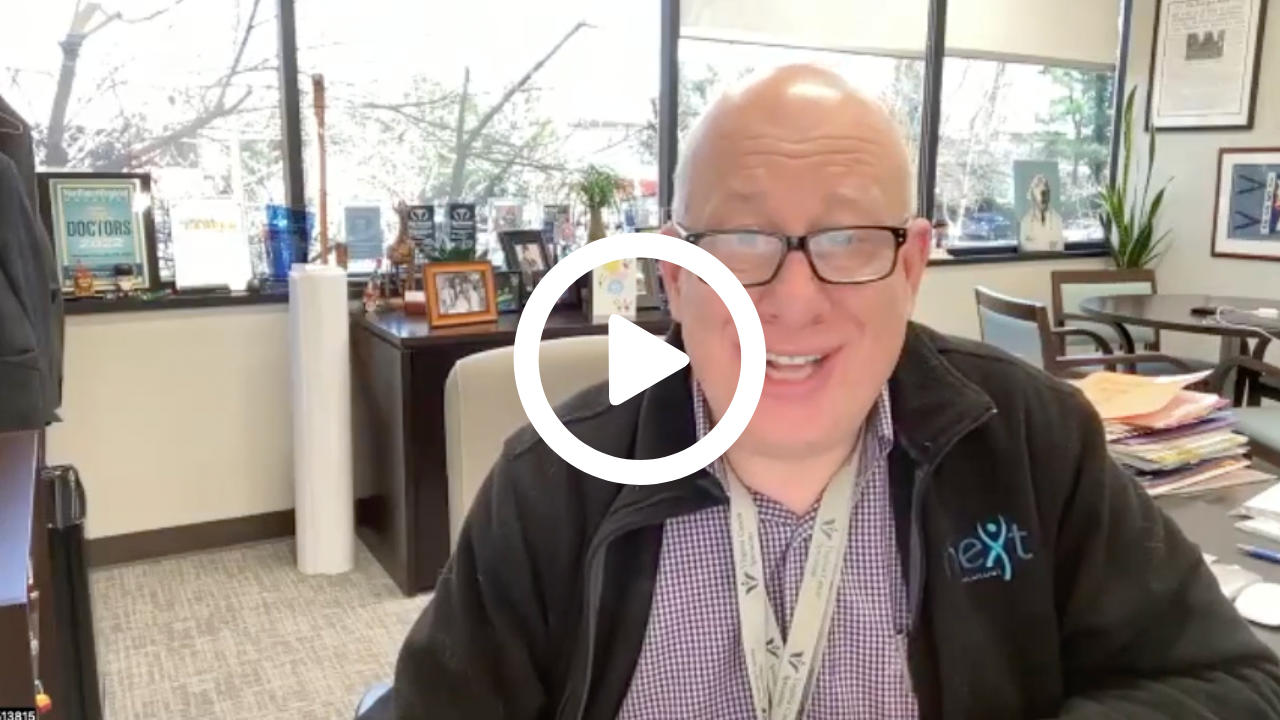Amivantamab/Lazertinib is a Potential Chemo-Free Option in EGFR-Mutated NSCLC
Benjamin Besse, MD, PhD, discusses the biomarker analysis of cohort D of the phase 1/1b CHRYSALIS-2 study.
Benjamin Besse, MD, PhD, professor of medical oncology at Université Paris-Saclay and Head of Clinical Research at Gustave Roussy, discusses the biomarker analysis of cohort D of the phase 1/1b CHRYSALIS-2 (NCT04077463) study.
In the trial, the efficacy of amivantamab (Rybrevant) and lazertinib (Leclaza) is being evaluated for the treatment of patients with EGFR-mutated non–small cell lung cancer (NSCLC) whose disease progressed on or after treatment with osimertinib (Tagrisso).
According to Besse, updated findings from the treatment-naïve cohort from the phase 1/1b CHRYSALIS trial demonstrated activity, including an overall response rate of 61% and a median progression-free survival of 12.2 months compared with 14% and 4.2 months for patients with NSCLC with low MET expression.
Transcription:
0:10 | We collected plasma before starting the combination and under plasma, you can analyze the circulating tumor DNA by NGS and then define if you have a molecular mechanism of resistance towards osimertinib. This is what we did in 20 patients.
0:30 | With 19 patients, we found that there were molecular mechanisms of resistance dependent on EGFR and MET and in 20 patients, one was independent and the other, it was not found, but what is interesting is that response rate of the combination was roughly similar and MET of the resistance mechanism.
0:54 | Together, the data are quite convincing to conclude that we have an interesting signature to predict the efficacy of this combination. It has to be confirmed and later we will have how we use it in the current landscape of the treatment of EGFR-mutated non–small cell lung cancer. In the future, since we may have this combination in the first-line if the MARIPOSA trial [NCT04487080] is positive, it may be an option with the combination of chemotherapy and osimertinib. If we have many options, it is always good to have predictive biomarkers.
Kim Evaluates New Regimens for EGFR+ Lung Cancer
January 20th 2025During a Community Case Forum event in partnership with the Medical Oncology Association of Southern California, Edward S. Kim, MD, MBA, discussed the FLAURA2 and MARIPOSA trials of newer regimens for EGFR-positive lung cancer.
Read More
Amivantamab/Lazertinib Maintains OS Benefit in EGFR+ NSCLC
January 15th 2025During a Case-Based Roundtable® event, Joshua K. Sabari, MD, continued discussion of key outcomes from the MARIPOSA trial and toxicity management in patients with EGFR-mutated non–small cell lung cancer in the second article of a 2-part series.
Read More









